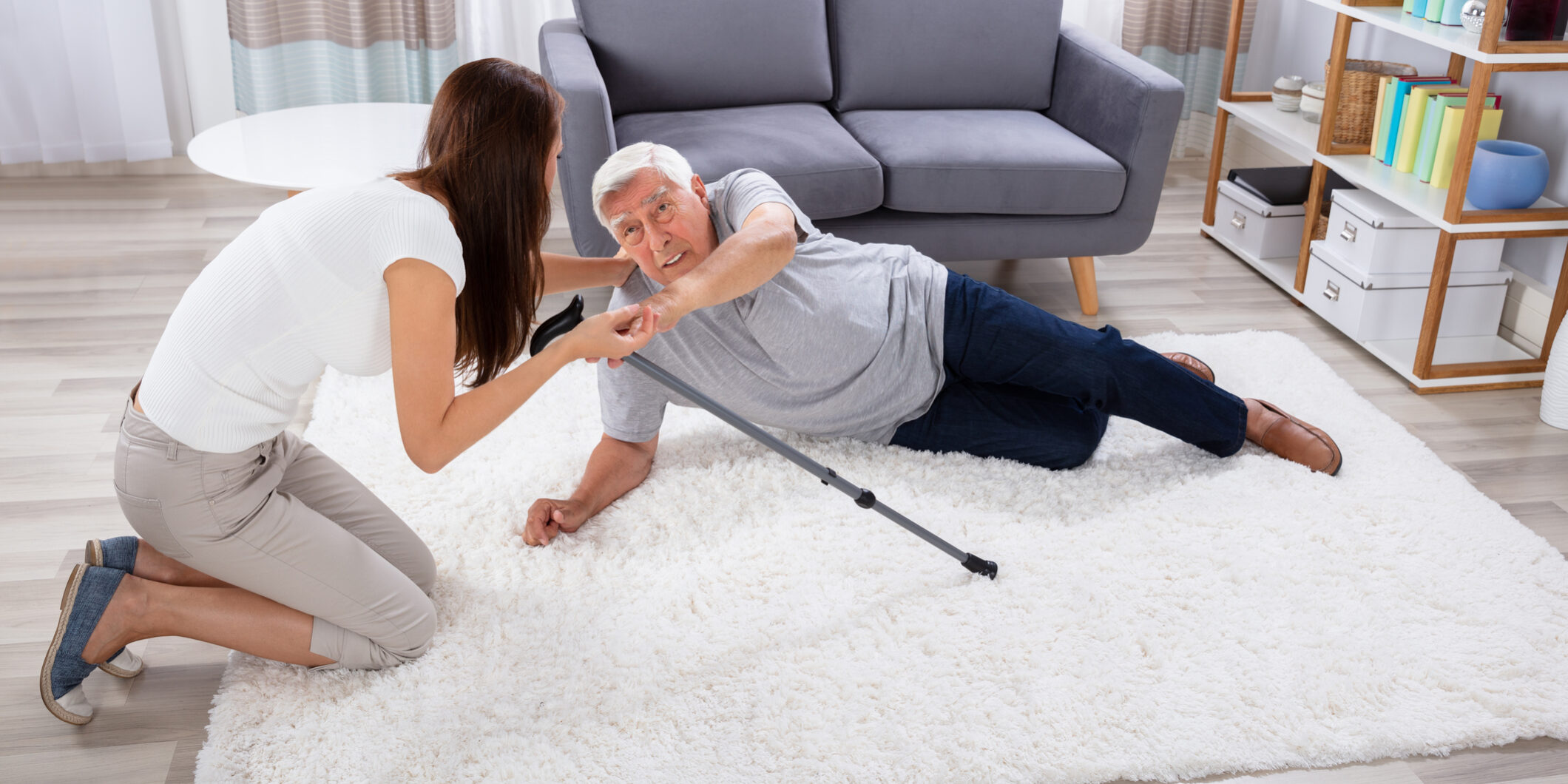For many caregivers, the most stressful challenge to providing in-home care is the physical strain that caregiving puts on their bodies.
In fact, regular physical strain is the most powerful predictor of whether caregivers will eventually transfer a loved one from their home to a nursing home, according to a U.S. Department of Health and Human Services study. Older caregivers (65+) particularly struggle to help their loved ones with physical tasks, which may include getting out of bed, walking around the house, or more complicated activities, such as showering and toileting.
The more daily activities that require a caregiver’s physical assistance, the more difficult it tends to be for a caregiver to provide long-term care at home. Unfortunately, physical strains tend to compound over time, and if a caregiver suffers even a small injury, such as a pulled back muscle or a twisted ankle, caregiving can soon become unmanageable. Older caregivers (50+), who make up around half of caregivers, are more vulnerable to injuries than their younger counterparts, but home caregiving is a demanding job for anyone, requiring on average more than 37 hours of labor each week (or almost 24 hours for caregivers who don’t live with their loved ones). Since the typical caregiver spends 4-1/2 years caring for their loved one, it’s essential to find safe ways to handle any physical requirements.
So, what can you do if your loved one has physical needs that you can’t or shouldn’t meet?
1) Find Help
The most obvious answer is to find assistance. This can come in a variety of ways. One caregiver shared that her local fire department provides extensive aid, including helping her stepfather to his feet after each fall and even installing bars in her home so he can hold onto them to more safely traverse the house. Other caregivers say they rely on family members or the help of a cadre of nurses and in-home aides. Disability and medical insurance may not make it easy to figure out how to get in-home aides, but with persistence, caregivers often figure out how to get the necessary help. Local organizations also may be able to offer help, so reach out to volunteer organizations, high school clubs, and churches/temples for ideas.
2) Explore Assistive Technology
A range of devices now exist to help people perform the basic activities of life, including dressing sticks, which reduce the movements needed to dress, bathtub chairs, special commodes, and transfer boards, which help people move with assistance between a bed and a wheel chair. Even smaller tasks like eating can be made easier through universal-cuffs to hold utensils, arm supports, splints to stabilize the wrist, and various adaptive dishware and utensils. Houses and apartments can be altered with ramps and handholds to make movement easier, while a multitude of devices from canes to wheelchairs can ease movement. Reach out to your state’s local Department of Aging, senior center, or caregiver support center to brainstorm options to address the problems that are affecting your caregiving. You may discover unexpected and viable solutions.
3) Get Some Training
Groups such as the American Caregiver Association offer caregiving training courses that include segments on how to assist loved ones with activities of daily living (ADLs). Such activities include eating, shopping, laundry, cleaning, transportation, using the telephone, cooking, and taking medication. The American Caregiver Association’s advanced course even provides advice on using assistive technology to help loved ones care for themselves. One e-book addressing some of these topics can be found at caregiver.org at this link: https://www.caregiver.org/resource/practical-skills-training-family-caregivers/ Do a web search for caregiver training to see what online and local classes might be out there to help you.
Remember that as important as it is to care for your loved one’s physical needs, it’s also vital that you care for your own. So, make sure that you get help and guidance for anything that will be physically taxing. Both of your lives depend on it.
Thank you for reading, please share with a friend, and be well. —KK
Please consider making a donation to the Kathi Koll Foundation so you can help make a difference in struggling family caregivers’ lives. Thank you!
Photo 149014312 | Living © Andrey Popov


